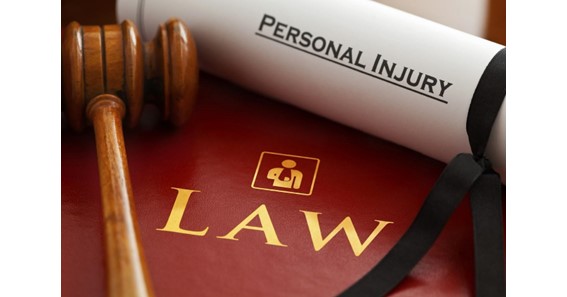Personal injury law deals with cases where someone suffers loss or harm due to the wrongful or negligent activity of another party or entity. The duty of care is a crucial concept in personal injury law. Duty of care determines if someone is responsible for causing harm to another person through their negligence.
As a victim, you need to talk to a personal injury attorney to know your legal options. They help prove the duty of care of the negligent party and recover compensation.
In this article, we have discussed what the duty of care is, how it is proven, how it is breached, and the consequences of breaching it.
What is the duty of care?
The duty of care is the legal term that means the obligation to act reasonably and not injure other people. It means that all should have the responsibility to protect others from foreseeable harm caused by their inactions or actions. For instance, drivers have a duty of care to follow traffic rules and drive safely. Manufacturers have a duty of care to make sure that their products are free of defects and safer to use. Doctors have a duty of care to give sufficient treatment to their patients.
The duty of care is not fixed. It is based on the relationship and the circumstances between the parties involved. The courts use several factors to determine if anyone owes a duty of care to another party. The factors are:
The prediction of harm: The more likely it is that one’s behavior will cause harm to another individual, the greater the duty of care they owe. For instance, a driver who drives at high speeds on a busy road is responsible because they owe a higher duty of care than a driver who drives slowly on an empty road.
The social purpose of the behavior: The significance of one’s behavior is that it reduces the duty of care owed to them by society. For instance, a firefighter who breaks down a door to protect someone from a fire owes a lesser duty of care than a burglar who breaks down a door to steal.
The relationship between the parties: The deeper the relationship among the parties, the more duty of care they owe. For instance, a parent owes a higher duty of care to their kid than to a passerby, whereas an employer owes a higher duty of care to their worker than to a client.
Prevention cost: The more expensive or difficult it is for anyone to prevent harm to another party, the lesser the duty of care they owe. For instance, a homeowner who installs a fence over their pool owes a lesser duty of care than a homeowner who leaves their pool unsecured.
How does the duty of care differ?
The duty of care can differ based on the type of defendant and the circumstances. Various standards of care apply to different professions, such as lawyers, doctors, and common carriers.
Lawyers have a duty of care to offer legal services that meet the standard of care expected from a reasonably competent attorney in their field and location. When they fail to do so, they may be responsible for legal malpractice.
Doctors have a duty of care to offer medical treatment that meets the standards of a reasonably competent doctor in their field and location. When they neglect to do so, they may be responsible for medical malpractice.
Common carriers have a duty of care to transport goods and passengers securely and safely. They are also expected to provide a higher standard of care than usual drivers because they are involved in public service and charge fees for their services.
How is the duty of care breached?
The duty of care is breached if anyone fails to meet their obligation to act reasonably and injures other people through their negligence. Negligence occurs if a person does anything that a reasonable person would not do or fails to do anything that a reasonable person would do under the same circumstances. For instance:
- A doctor who mistreats or misdiagnoses a patient is negligent because they have provided the wrong medical treatment.
- A driver who hits another car and runs a red light is considered negligent because they disobeyed the traffic laws and regulations.
- A manufacturer who sells dangerous or defective products is considered negligent because they sell unsafe and defective products to consumers.
In order to establish negligence, the victim should show four elements:
- The victim proves the defendant owed a duty of care
- The defendant’s carelessness breached their duty of care
- The negligence of the defendant led to the accident
- The plaintiff suffered injury and loss due to the negligence of the defendant
What are the consequences of breaching the duty of care?
Breaching the duty of care may result in legal damages and liability for the victim. Damages are the monetary compensation that the plaintiff can recover from the defendant for their loss or injury. Damages cover the following:
Medical Bills: The cost of treating the plaintiff’s mental or physical injuries, such as medication, hospital bills, therapy, and surgery.
Lost income: The amount of money that the victim lost or will lose due to their inability to work, such as commissions, salaries, wages, and tips.
Punitive damages: The amount of money that the victim can get to punish the defendant for their reckless or intentional behavior and deter them and others from doing it again.
Final Thoughts
In personal injury cases, the duty of care is crucial for protecting the rights and interests of victims. People must exercise caution, follow safety rules, and get professional advice when needed to avoid breaching their duty of care.
Click Here – How to Train Your Employees Against Abrasive Wheels Hazards

